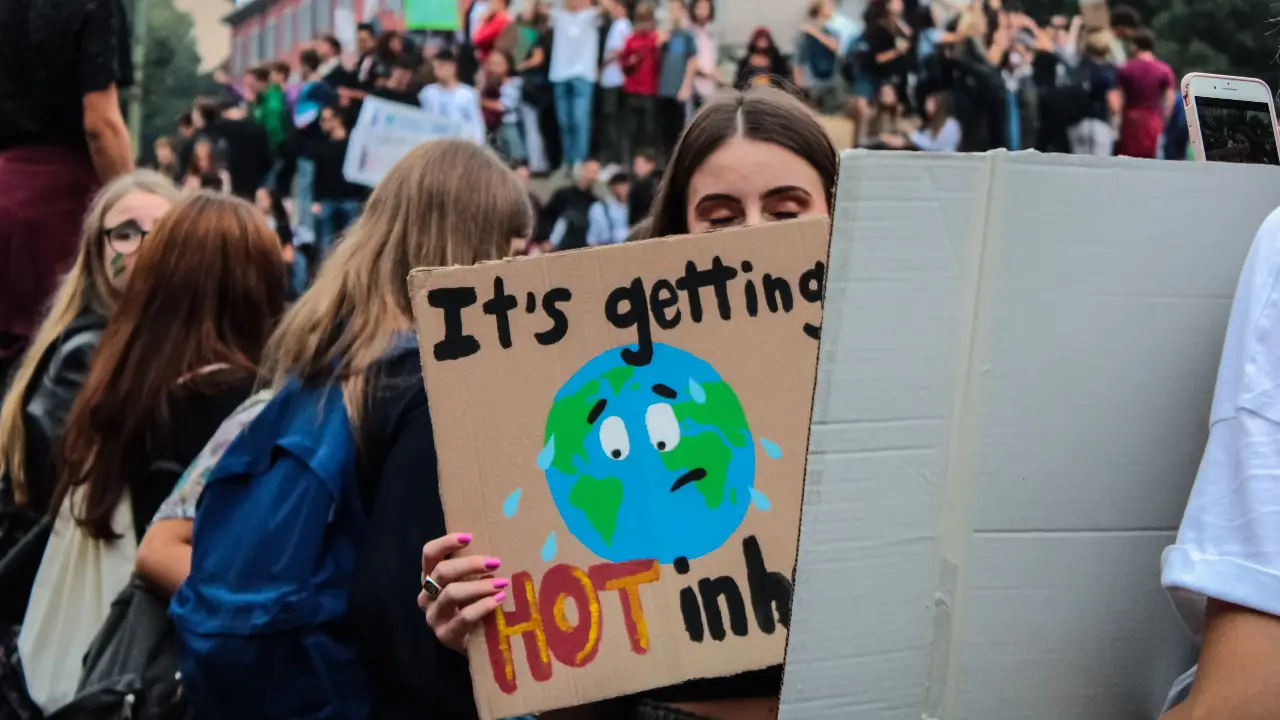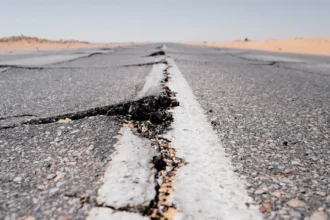The world is falling behind on its climate promises. Only 21 countries out of 195 have submitted their updated climate plans under the Paris Agreement, according to International Institute for Environment and Development. This means that just 11% of nations have turned in their homework on how they plan to fight climate change in the coming years.
These plans, officially called Nationally Determined Contributions (NDCs), are extremely important documents that outline how each country will reduce its greenhouse gas emissions and adapt to climate change impacts. They serve as roadmaps for nations to transform their economies and protect their people from worsening climate disasters.
What Are NDCs and Why Do They Matter?
NDCs are not just paperwork. They represent each country’s specific commitments to fight climate change and protect their citizens. Think of them as detailed action plans that governments create to show exactly how they will cut pollution, build clean energy, and prepare for climate impacts like floods and heatwaves.
The missing submissions represent countries responsible for 83% of global emissions and nearly 80% of the world’s economy. This means the biggest polluters and wealthiest nations are largely absent from the latest round of climate commitments.
Which Countries Have Submitted Their Plans?
- Early submitters: By February 11, 2025, only ten countries had met the original deadline, including Brazil, Switzerland, United Kingdom, United States, and Uruguay. These countries demonstrated their commitment by delivering their plans on time.
- Recent additions: More countries have submitted since then, including Zambia, Cuba, Maldives, Kenya, and Moldova. These newer submissions show that some nations are still working on their climate plans despite missing the initial deadline.
- Missing major emitters: Many large economies and major carbon polluters have yet to submit their plans. This creates uncertainty about whether the world can collectively limit dangerous temperature rise.
Why the Deadline Was Extended
The original February 10, 2025 deadline has now been pushed back to September 2025. UN Climate Chief Simon Stiell explained this extension by saying, “Taking a bit more time to ensure these plans are first-rate makes sense,” according to Carbon Brief.
A “first-rate” climate plan is one that is comprehensive, ambitious, and realistic. It should include detailed strategies for reducing emissions across all sectors of the economy while also preparing communities for unavoidable climate impacts.
India’s Growing Climate Crisis
While countries debate paperwork, India is already experiencing severe climate change impacts firsthand. The country recorded 3,238 extreme weather-related deaths in just the first nine months of 2024, according to Greenpeace researchers.
This represents an alarming 18% increase from 2022, showing how climate change is becoming deadlier for India year by year. Different sources report slightly varying numbers, but all show a clear upward trend in weather-related fatalities:
| Year | Weather-Related Deaths |
|---|---|
| 2021 | Around 1,944 people lost their lives due to extreme weather events like floods, heat waves, and cyclones. |
| 2022 | Between 2,767 and 3,026 deaths occurred from climate-related disasters, showing a significant increase from the previous year. |
| 2023 | Between 2,483 and 3,287 people died from extreme weather, continuing the troubling upward trend. |
India’s Climate Commitments
Despite these challenges, India has made significant climate commitments. The country has pledged to reduce its emission intensity by 45% of GDP by 2030. This means India plans to produce far less pollution for each unit of economic output.
India has also committed to achieving 50% of its electricity from non-fossil fuel sources by 2030. This would mean a massive expansion of solar, wind, and other clean energy sources across the country.
However, the Union Budget 2025 made no significant provisions for climate adaptation, despite India increasing its adaptation spending from 3.7% to 5.6% of GDP in recent years.
The Path Forward
As the September deadline approaches, all eyes will be on the remaining countries to submit their climate plans. The quality and ambition of these plans will determine whether the world can avoid the worst impacts of climate change in the coming decades.











